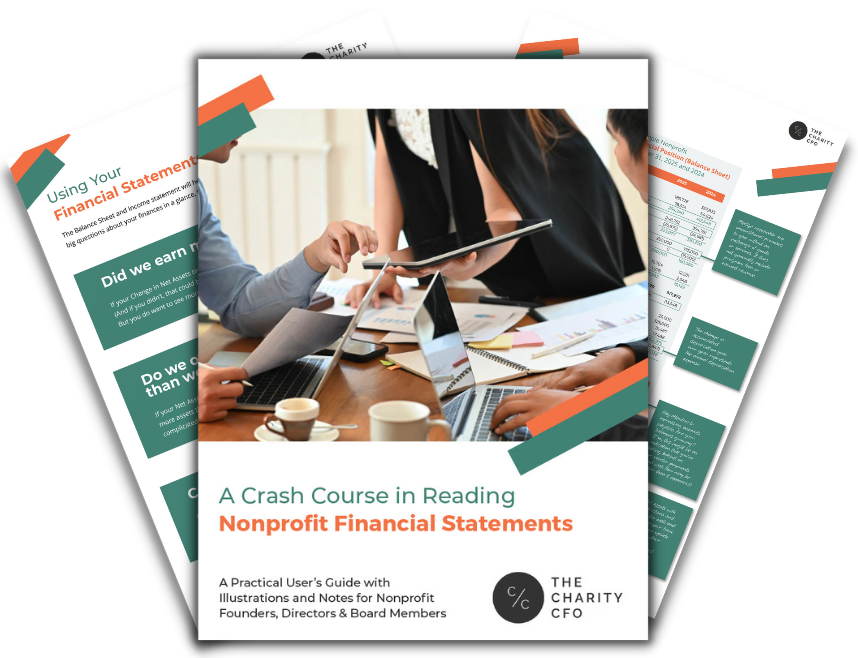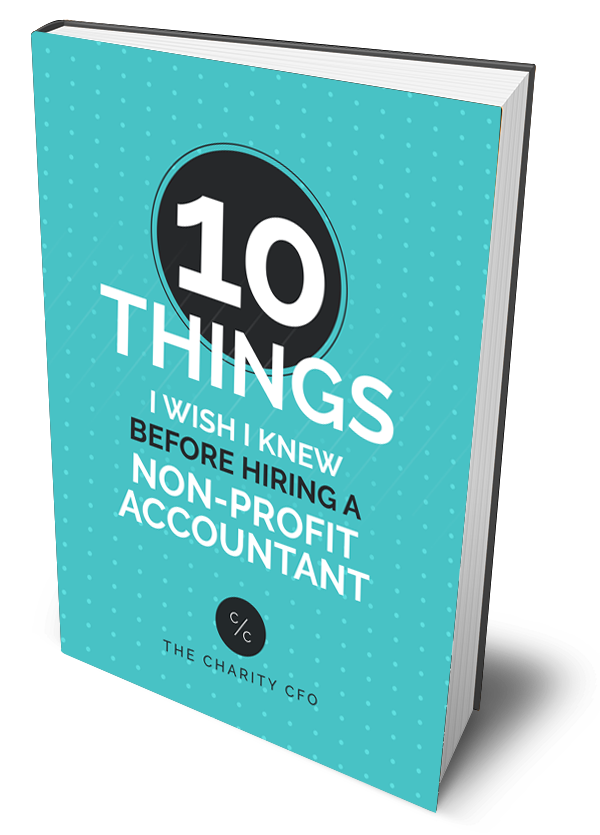On today’s episode of A Modern Nonprofit Podcast, we have the Executive Director of Only Make Believe, Tamela Aldridge. Only Make Believe (OMB) is a 501c3 organization that creates interactive theater environments for children in hospital, special education, and care facility settings. When talking with Tamela, we hear a powerful message from her leadership experience within the organization and when it comes to serving others. We all have unique talents and characteristics that make us who we are, but everyone has an imagination. Tamela and her team build off of this mindset to fulfill their mission at Only Make Believe.
A Day in the Life of an Executive Director
An Executive Director of a nonprofit organization typically wears many hats. Tamela shares that although she juggles many things, the most important to her is having a passion for the mission. When it comes to the mission of OMB, they meet children where they are by bringing performances to the care sites or educational systems they are present in. Essentially, making theater accessible to them by meeting them where they are.
Tamela and her team bring the experience to the children. And speaking of experience, Tamela’s background began in acting, as she herself was an actor in NYC. With this, she studied human behavior which translated to her ability to recognize how children reacted to their performances.
She says, “After years starting out as an actor, I always studied human behavior. So then working with specialized populations, it was truly intriguing to me how these young people engaged and how they interpreted the information. [And even more so] how they were able to then push it back out.”
Because Tamela’s experience is unique in its own way, it still provided a specific avenue not only for herself, but also those who are in the acting career as well. Just because she originated in the arts, does not mean she wasn’t prepared to handle the business world either. We learn that she attended Howard University, where one of her professors taught her that ‘the word is showbusiness’, but before you can ever do a show, you have to be able to handle your business.’ Such a powerful message in its own way. Now Tamela and her team can provide opportunities for actors and take their talents to showcase to children for a fantastic cause. A true win-win.
After having her first child, going through a move, and deciding on what she wanted to do, Tamela jumped at the opportunity to run OMB. Within this, the program grew and she admits that she didn’t necessarily know what she was doing.
This can be an honest and self-aware realization for many nonprofit leaders, especially in seasons of expansion or newness. Tamela did what she knows best, and kept moving forward. We hear her say that from her viewpoint what helped her was her theater training. She says, even though she’s an executive director she still thinks in terms of an ensemble. Defined as ‘a group of items viewed as a whole rather than individually,’ this is a key viewpoint of leadership.
Understanding that she could not do all things by herself, did not have all the answers, and she could not generate all the ideas, allowed her to be honest, open, and transparent with her situation.
If you haven’t picked up on it yet, we can learn so much from Tamela’s leadership perspective which is just as essential to an organization and its culture as the numbers and quantitative aspects.
Leadership Burnout
Life has a way of playing into this role more than we may give it credit for. In Tamela’s case, because her daughter’s first three years of life required several hospital visits, Tamela made the intentional choice of leaving freelance acting behind. She was also in the position to experience what other parents experienced with children in hospitals. This experience also provided the opportunity to learn more about playing and engaging with the children in this setting, and how much she enjoyed this.
After seeing Only Make Believe perform for her daughter and the smile it brought to children’s faces, the choice was made. Tamela also understood that this type of performance allowed the children to engage and give them a sense of empowerment, even though at the time they were confined to a particular space within the hospital.
Making intentional choices certainly helps to navigate burnout, because in leadership one has to actively choose to look beyond their current circumstances so the mission can be fulfilled. In many cases, an Executive Director is also the Director of Human Resources, or Program Director, especially in smaller organizations. On top of this, there is so much accountability from evaluation of roles and responsibilities.
When the pandemic came about, Tamela understood that an intentional choice had to be made because the population Only Make Believe serves, truly needed the organization more than ever. At the time, they were performing in-person for their programs. Like many other industry practices, the pandemic created a route for virtual content and because of their team’s intentional decision making, their virtual programming is now in 16 different cities.
Perspective & Proactivity
When it comes to running an organization and the challenges that are faced, perspective can be another key characteristic to help navigate the murky landscape of business operations. Tamela shares that she never walks in a room acting like she knows it all, and instead approaches each conversation like she’s a stakeholder of the organization.
This can be extremely valuable with the teams built within the organization. Taking ideas, understanding them further, and working through strategies and tactics of implementation are a powerful vantage point to work from.
Tamela tells us as well that good communication with the board is essential due to the pressure of having to justify decisions. The board serves a very significant purpose for organizations, but they are also not necessarily in all of the day-to-day activities. Confident and proactive communication with them can help ease the conversations of trying to justify every move that an Executive Director makes.
Having perspective allows a leader to be forward thinking and proactive. In leadership, proactivity is one of the most valuable and important tools to master. Tosha and Tamela discuss the thought process behind making sure exit strategies are in place for leaders once they leave the organization.
Many times, problem solving takes place in the moment and never on paper, so there can be missing items from the actual workflow/process. Tamela shares that when it comes to hiring new staff, they keep a clean house strategy. Just like when a person is invited into a home, you’d prefer if the home were clean and well kept. The same logic applies for new hires and their business operations.
This is another excellent principle because it allows for her staff to be creative for how this needs to look. Instead of giving a step by step breakdown, (sometimes considered micromanagement), Tamela encourages a clean house. Her employees are the ones who get to decide how the house gets cleaned.
Finally, forward thinking helps an organization grow. Tamela has prepared to invest in a digital studio for their virtual programming. 1 investment of thousands of dollars is a more efficient alternative to getting their programs into the hands of different care sites. Streaming is quite popular and Tamela and her team are in the process of taking advantage of it.
To learn more about Tamela, her team, and Only Make Believe, check out their website here.
Please be sure to engage with the interview. Whether you enjoy listening to it, reading about it, or watching us on YouTube, make sure you review, share, and engage with A Modern Nonprofit Podcast. You can find Tosha and the Charity CFO team on Youtube or our website, thecharitycfo.com!

Do You Struggle to Make Sense of Your Financial Statements?
Get our FREE GUIDE to nonprofit financial reports, featuring illustrations, annotations, and insights to help you better understand your organization's finances.
Get the free guide!



0 Comments